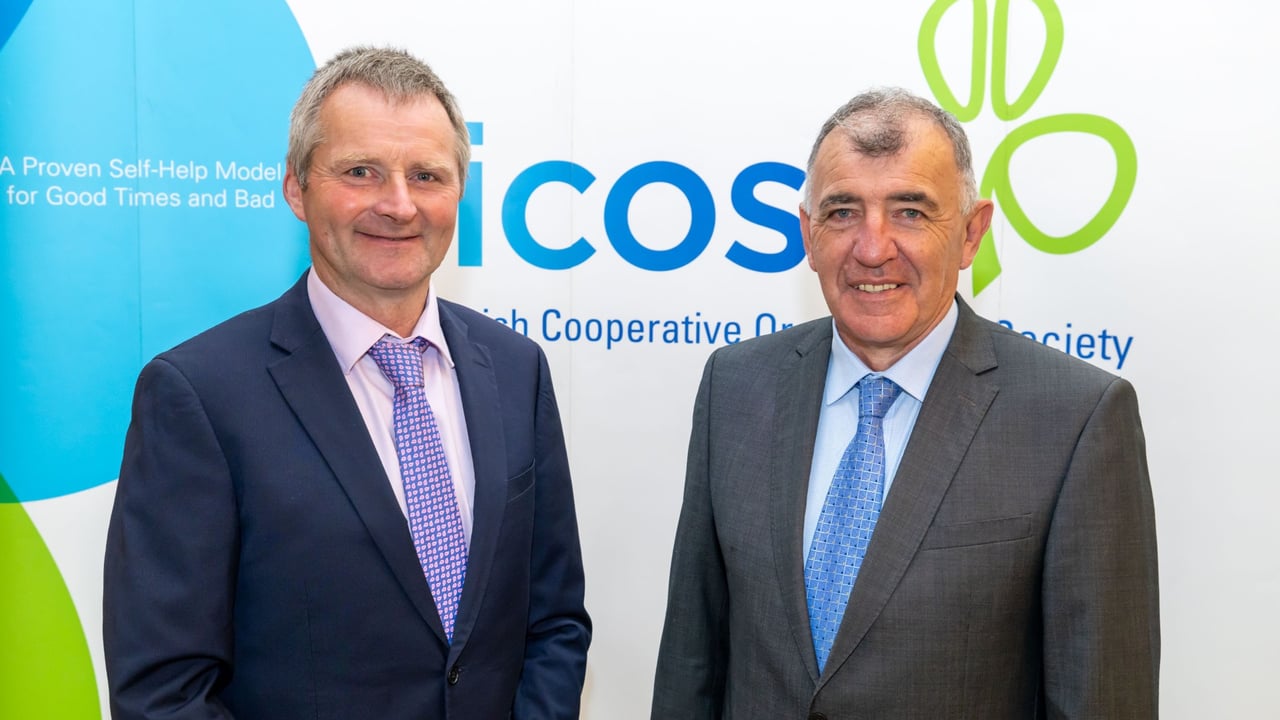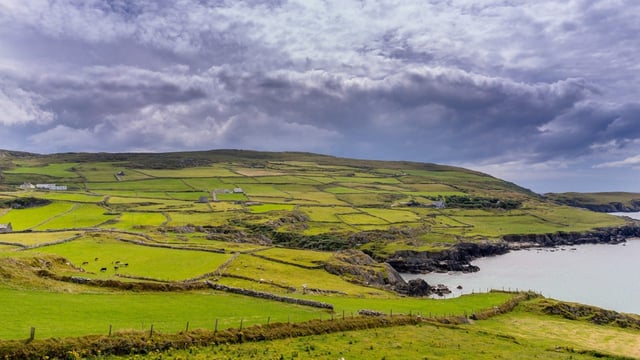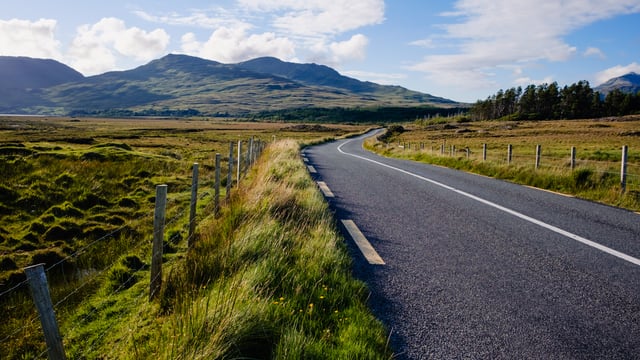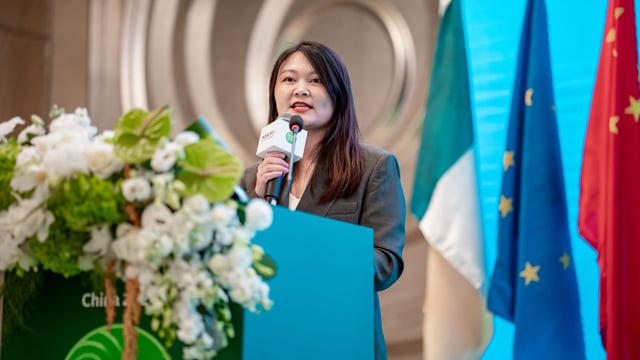ICOS AGM: 'Promising' developments amid uncertainty in farming
Despite high levels of uncertainty facing farming, there are "promising political and market developments" that could support the sector in the year ahead.
That's according to Edward Carr, the president of the Irish Co-operative Organisation Society (ICOS), who told the organisation's annual general meeting (AGM) yesterday (Tuesday, June 3): "Perhaps society is finally recognising that quality food is both difficult and expensive to produce, and it must be paid for accordingly."
The AGM was held in Portlaoise, Co. Laois, in which Carr told stakeholders: "We live in interesting times".
"While the term 'unprecedented' is often overused, it rightly describes the challenges currently confronting co-ops and food producers."
Carr welcomed what he said were recent shifts at an EU level, saying that the 2024 European Parliament elections prompted centrist groups to "rethink recent policies that alienated farmers".
"The previous [European] Commission’s overly purist Green Deal and dismissive attitude towards agriculture played a significant role in driving voters toward the political extremes.
"Now, we see a more balanced approach, with new agriculture and environment commissioners, Christoph Hansen and Jessika Roswall [respectively] showing early signs of being more responsive and pragmatic," Carr said.
However, he added that legal environmental commitments for farming remain in place and "must be met".
Commenting on market conditions, he said that the prices of milk and meat are at "unprecedented levels", supported by currently weak global supply. However, these prices are "countered" by cost bases within the agri-sector that are constantly rising, according to Carr.
“This trend confirms what we’ve been saying for years. Farming has been pushed into a position where it is unattractive to younger generations. The costs are high, inflation is locked-in, the hours are long and the rewards are limited."
He also warned that global geopolitical risks, including continuing conflict, the trade impact of the current US administration under Donald Trump, and the rise of "authoritarian voices" in Europe, could threaten stability.
"The European project, and in particular the Single Market, remains vital for Ireland’s economic future. We need strong leadership to ensure that Europe continues to work for its citizens, farmers included, not just for ideological visions," Carr commented.
He also told the ICOS AGM that environmental responsibility is important, particularly in relation to the nitrates derogation.
"We've made huge strides in improving water quality, though the time lag between action and results remains frustrating. Still, the perseverance of co-ops, farmers, Teagasc, and the Department of Agriculture is beginning to bear fruit.
"Retaining the derogation is essential, not just for dairying but for the entire agri-sector," he said.
One of key issues for the year ahead, according to Carr, is the future of the Common Agricultural Policy (CAP), amid concerns that its standalone ringfenced budget could be radically overhauled.
"Agriculture and the CAP are under pressure, with serious risk that funds could be diverted to other priorities. This would be deeply damaging, not just to the basic payments scheme [Pillar I], but also to Pillar II, which is critical to delivering sustainability goals. In fact, we don’t need two pillars, we need a third," he said.
"CAP is the foundation of a sustainable and competitive farming and agri-food sector in Ireland and Europe. It plays a vital role in maintaining farm incomes, supporting rural communities and driving progress on climate and environmental goals across the EU.
"What we need is a strong, practical and fully resourced CAP; one that cuts red tape and empowers farmers to focus on producing food, not paperwork. Farming in Ireland and across the EU is struggling to attract young farmers," Carr added.
He called on the European Commission not to risk "accelerating the generational renewal crisis".
"Rather than potentially seeking mechanism to undermine and defund CAP, the European Commission must stand by its farming citizens, underpin food security and protect this essential policy," he said.
The ICOS president called on policymakers to "stand firm in defence of farming", adding: "Our sector is ready to do its part, but we need the tools and resources to do it".





